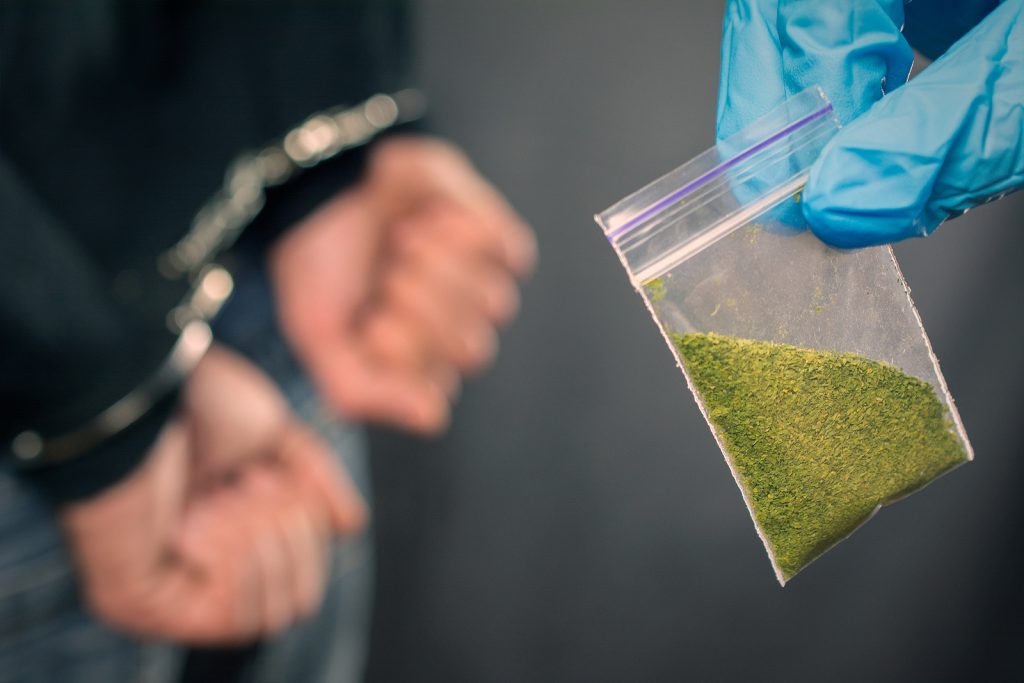What is the Difference Between Sealing and Expunging a Criminal Record?
Having a past criminal record can significantly impact your life in the future. It can limit your opportunity to obtain employment, professional licenses, education, and even housing. It can feel like your whole life is crumbling around you, and you may not know what to do. Luckily, Colorado provides a way out of the situation.
If you have a past criminal conviction, criminal defense lawyers in Colorado Springs could help you file a petition to expunge or seal the record. Before filing your application, you must understand the differences between the two processes.
Sealing a criminal record means making it invisible to the public eye. Upon sealing your criminal history, potential future employers and landlords won’t be able to see the history when conducting a background check. Expungement implies destroying a record, which will be like you never committed the crime. However, it only applies to juvenile and driving convictions.
How Can I Seal My Criminal Record?
Expunging and sealing criminal records is a legal right, and skilled Colorado Springs expungement attorneys can be of help in helping you file the petition. An arrest alone could go into your criminal record, even if the charges were never filed. Lawyers can provide the legal counsel necessary and help you understand the facts so that you act within the legal provisions.
The process of sealing a criminal record entails three steps:
- Obtaining copies of past police reports
- Filing a court petition
- Paying the stipulated filing fee
However, not everyone with a past criminal record is eligible to file a petition to seal it. Expungement attorneys in Colorado Springs can evaluate your case for eligibility.
Eligibility for Sealing Criminal Records in Colorado
In determining whether your criminal record qualifies for sealing, your lawyers will look at some essential factors of the case:
- Whether charges were filed
- Whether you were convicted, acquitted, or the case was dismissed
- The type of offense and when it occurred
- The time that has elapsed since you completed the terms of the sentence
- Whether you have committed other crimes
- Whether you owe restitution to victims
You can file your petition in court or wait for the automatic sealing of your criminal record. The latter option entails waiting longer than you would if you filed a court petition. Once you file a court petition, law enforcement agencies will review your application and respond within a few weeks, sometimes months, indicating a hearing date if required.
How Long Does It Take to Seal a Record in Colorado?
The court hearing determines whether the judge will grant or deny your petition. If the request goes through, the court will issue an order to seal your records, which will be sent to all relevant law enforcement agencies and the Colorado Bureau of Investigation (CBI). It can be several weeks before the agencies act on the order and seal your records.
Your expungement attorneys in Colorado Springs can help you request verification of the status of your sealing order from the CBI. While the step is optional, you can have peace of mind once you’re sure that your records have been sealed.
Generally, the entire sealing process can last anywhere from a few weeks to a few months, depending on the complexity of your case. The court schedule may also affect the timelines, given that courts and judges could have many cases to handle before resolving yours. Complications may also arise, but expungement lawyers can help you navigate the issue.
How Can I Expunge My Criminal Record?
Expungement is a separate legal process from record sealing and entails removing the following:
- Juvenile criminal records
- Underage drinking and driving offenses records
- Arrest records if police officers arrested you based on mistaken identity but no charges were filed
Expunging your juvenile records depends on the specific category of the offense. Your expungement attorneys can provide legal counsel on the forms to fill out depending on the particular type of case. Once your records have been deleted, they don’t appear in background checks.
However, only some people can file for expungement, which is not automatic. Consult your attorneys to understand your options.
How Soon Can My Past Convictions Be Expunged?
The waiting period for requesting the expungement of your record depends on the particular case. For juvenile offenses, the waiting periods are as follows:
- One year for juvenile crimes for which you successfully finished probation
- Three years for a juvenile offense for which you were unconditionally released from parole supervision or a commitment to the Department of Human Services
- Five years for juvenile offenses for which the court released you from your sentence as a repeat offender or mandatory offender
You can petition for expungement for a conviction of underage drinking and driving immediately after turning 21 years old. For arrests due to mistaken identity and for which the DA never charged you, the law enforcement agency must file an expungement petition no later than 90 days after the mistake is realized.
Expunge or Seal Your Records with the Help of Skilled Criminal Defense Lawyers
Sealing or expunging your past criminal records gives you an opportunity for a fresh start. However, the ability to seal or expunge your records depends on the type of crime in question and whether you meet the eligibility criteria.
The process can be complex, so working with experienced criminal defense lawyers in Colorado Springs is advisable to help you work through the issue. The Lux Law Firm has a dedicated legal team willing to help you seal or expunge your past criminal records. We bring all our experience and knowledge of criminal laws in Colorado Springs to help you through the process. Call us at 719-451-7469 or contact us online to schedule a FREE case evaluation.





